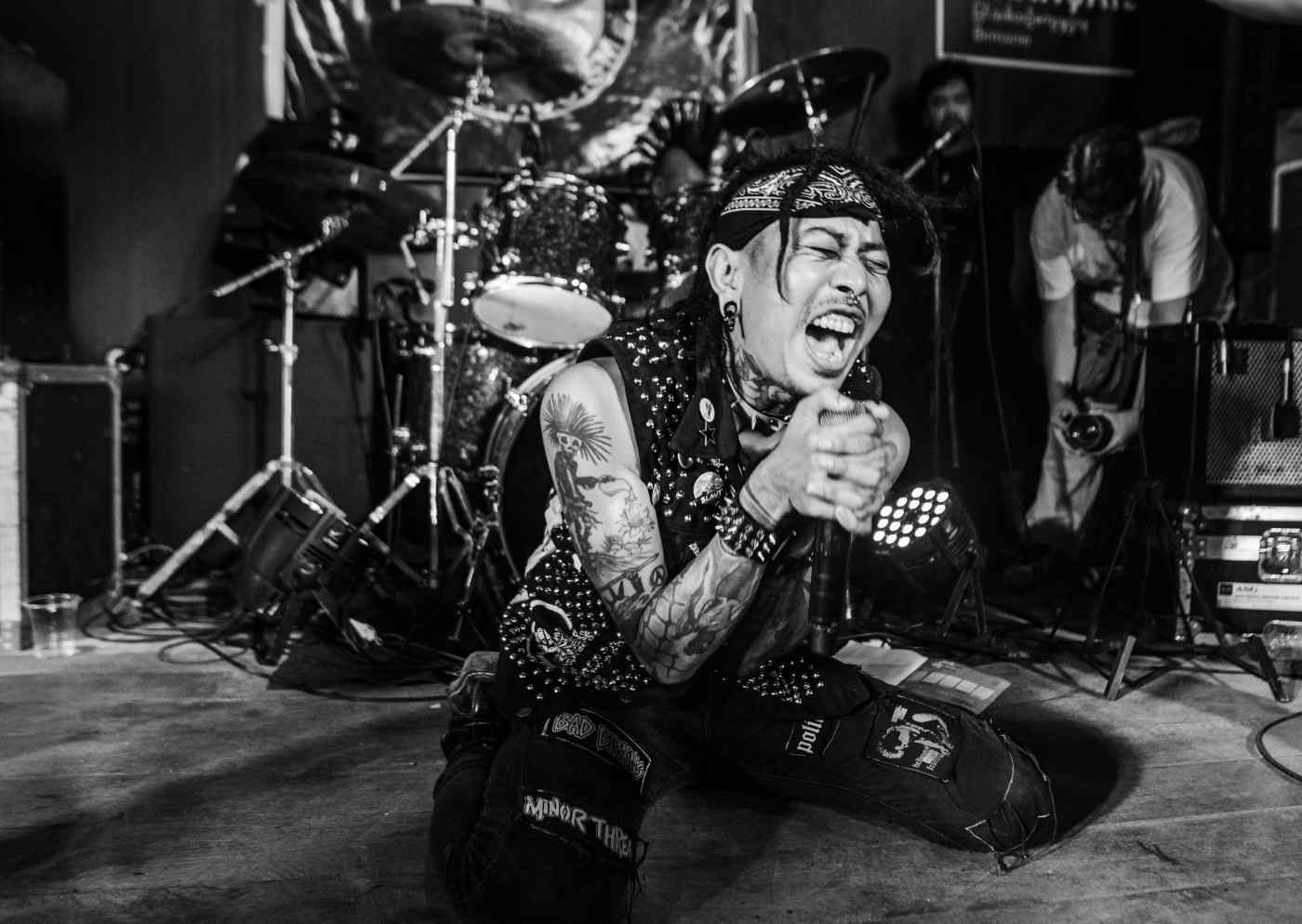Punk rock and alternative rock are two popular genres known for their rebellious nature. Punk rock emerged in the mid-1970s as a response to mainstream rock culture, characterized by its raw and aggressive sound, DIY ethos, and anti-establishment lyrics. Alternative rock evolved in the 1980s, drawing influences from punk and other experimental genres, with an emphasis on individuality and creativity. Punk rock tends to have an aggressive, fast-paced sound with explicit and confrontational lyrics, while alternative rock has a more melodic and diverse sound with introspective and poetic lyrics. Both genres have had a significant influence on music and popular culture, inspiring artists across different genres.
Punk Rock vs. Alternative Rock: Which Is the Real Rebel Music?
Introduction
When it comes to rebellious music, two of the most popular genres are punk rock and alternative rock. Both genres have a long history of pushing the boundaries and challenging the status quo. However, each genre has its unique characteristics that set it apart from the other. In this article, we’ll compare and contrast punk rock and alternative rock to determine which is the real rebel music.
History of Punk Rock
Punk rock emerged in the mid-1970s as a response to the mainstream rock and roll culture and the political and social upheavals of the time. The genre is known for its raw and aggressive sound, DIY ethos, and anti-establishment lyrics. The punk rock movement was a rebellion against the prevailing values of the time and the system that perpetuated them.
History of Alternative Rock
Alternative rock evolved in the 1980s as a sub-genre of rock music, drawing influences from punk rock, post-punk, and other experimental genres. It was originally used as an umbrella term for a range of non-mainstream music. Alternative rock was a reaction to the over-commercialization of rock music and the lack of diversity in the industry. Its musicians embraced individuality and creativity, emphasizing authenticity over conformity.
Sound
Punk rock is characterized by its fast-paced, aggressive sound, with short, simple, and power-chord-driven songs. The vocals are often shouted or spoken, conveying a sense of urgency and anger. The instruments are played with high energy and tend to be deliberately sloppy, adding to the overall edginess of the sound.
Alternative rock, on the other hand, has a more melodic and diverse sound, incorporating elements of punk, post-punk, grunge, and other experimental genres. The songs are usually longer and more complex, with an emphasis on instrumentation and experimentation. The vocals are often more subdued, conveying a sense of introspection and vulnerability.
Lyrics
Punk rock lyrics are known for their explicit and confrontational nature, addressing topics like politics, social injustice, and personal dissatisfaction. The lyrics are often delivered in an aggressive tone, inviting the listener to join the rebellion against authority and the status quo.
Alternative rock lyrics tend to be more introspective and poetic, exploring themes of individuality, alienation, and emotional turmoil. The lyrics often have a philosophical quality, inviting the listener to reflect on their own experiences and perspectives.
Fashion
Punk rock fashion is characterized by its DIY approach, with ripped clothing, leather jackets, and studded accessories. The style is deliberately anti-fashion, rejecting the mainstream trends and embracing individuality and self-expression.
Alternative rock fashion is more diverse and eclectic, incorporating elements of vintage, retro, and bohemian clothing. The style is often characterized by a grunge aesthetic, with flannel shirts, ripped jeans, and combat boots. The fashion emphasizes authenticity and personal style over conformity and trends.
Influence
Punk rock has had a profound influence on modern music and popular culture, inspiring countless bands and artists across different genres. Its ethos of rebellion and DIY has had a lasting impact on the music industry and the arts in general.
Alternative rock has also had a significant influence on popular music, particularly in the 1990s when it achieved mainstream success. Its emphasis on authenticity and individuality has been embraced by artists across different genres, shaping the modern music landscape.
Conclusion
In conclusion, both punk rock and alternative rock are rebel music, challenging the status quo and pushing the boundaries of what is considered acceptable in society. However, they differ in their sound, lyrics, fashion, and influence, reflecting the unique historical and cultural contexts in which they emerged. Whether you prefer the raw aggression of punk rock or the introspective poetry of alternative rock, both genres have something to offer for those who embrace rebellion and individuality.
